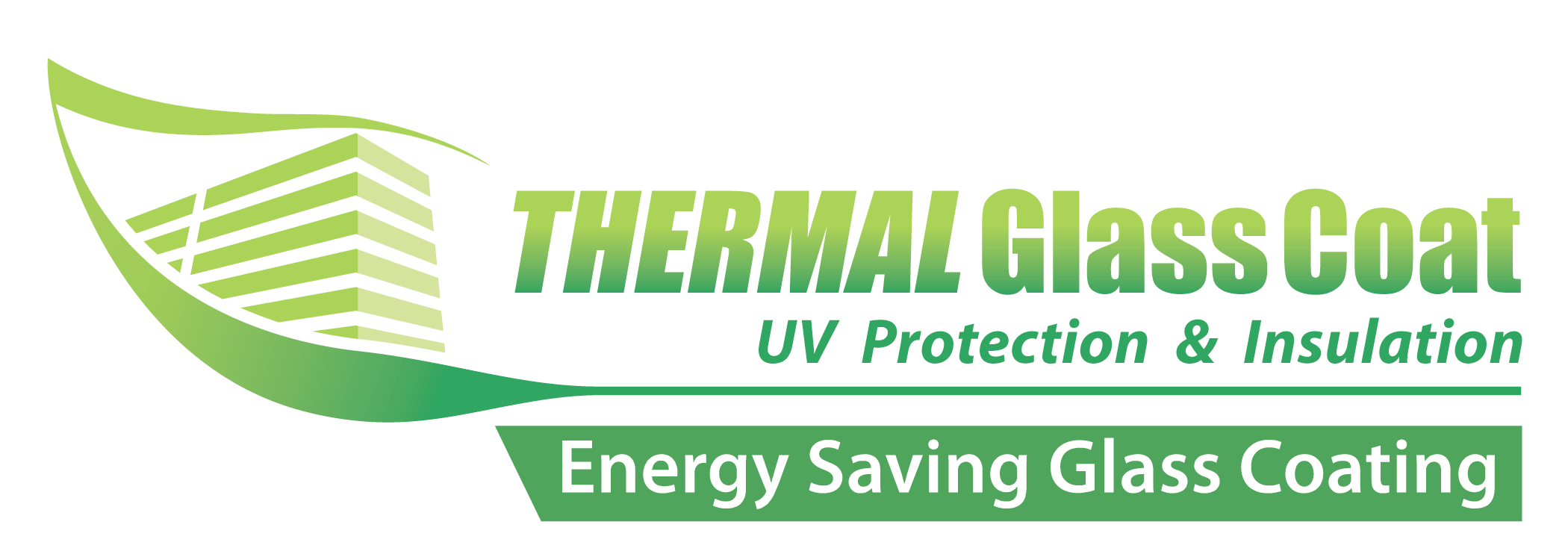
The Peat Dilemma: Why Going Peat-Free Matters
Peat has long been a go-to ingredient in gardening, especially in potting mixes. However, as environmental concerns grow, more gardeners are making the switch to peat-free alternatives. This shift is not just a trend; it's rooted in a commitment to sustainability, particularly as awareness of peat extraction's environmental impacts increases.
Understanding Peat: A Vital Component of Ecosystems
Peat is primarily made from Sphagnum moss and takes centuries to form in wetland environments. Yet, the mining of peat destroys these vital ecosystems, leading to significant environmental consequences. Wetlands play crucial roles in biodiversity, acting as habitats for many species, while also helping to regulate climate.
The Quick Transition: Peat-Free Alternatives
As the UK prepares for a ban on retail peat sales, many gardeners are realizing that popular commercial potting mixes often still contain peat. North America, although lagging in legislation, is witnessing a gradual increase in awareness about peat. Gardeners are starting to read labels more carefully, opting for peat-free mixes that include sustainable ingredients like coconut coir, composted bark, or other organic materials.
Why This Matters for Homeowners
For homeowners invested in gardening, understanding the shift towards peat-free options is essential not only for environmental stewardship but also for enhancing garden health. Sustainable gardening practices boost soil fertility and help maintain healthy ecosystems right in your backyard. By preemptively adapting to these changes, homeowners can position themselves as responsible stewards of the environment.
Take Action: Switch to Sustainable Gardening
While the shift towards peat-free gardening is a collective effort, individual action is crucial. Homeowners can explore local gardening centers or online stores that offer sustainable, peat-free products. Together, small changes today can lead to a healthier planet tomorrow.
 Add Row
Add Row  Add Element
Add Element 



Write A Comment